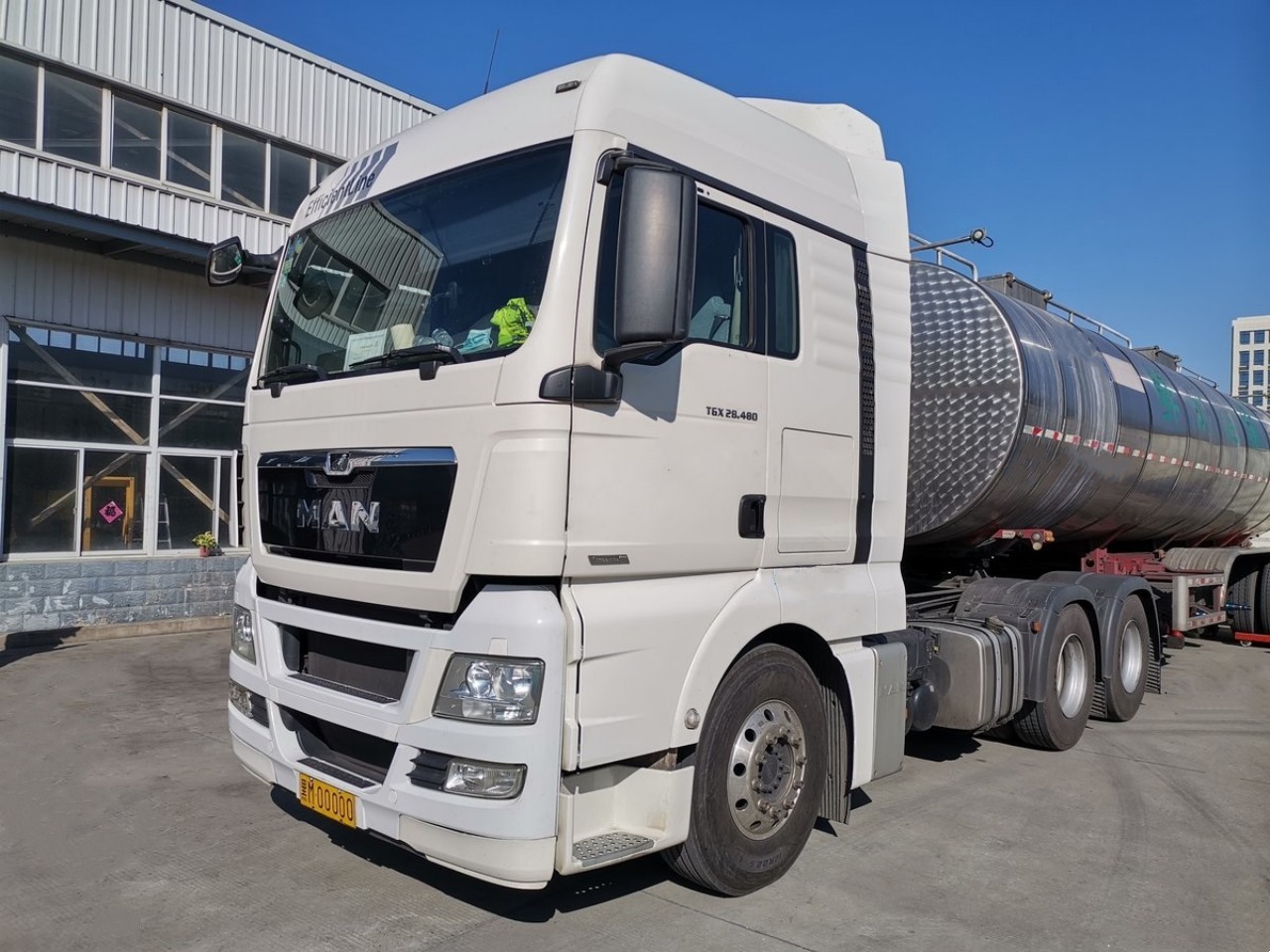Why Are Fresh Milk Trucks So Highly Configured?
Equipped with a D26 engine delivering up to 480 horsepower and paired with a ZF 12-speed automatic transmission featuring a hydraulic retarder, the transmission and retarder are integrated to ensure safe driving on hilly terrain. Additionally, the truck comes with a suite of safety systems including Electronic Stability Program (ESP), Anti-lock Braking System (ABS), and Anti-Slip Regulation (ASR).
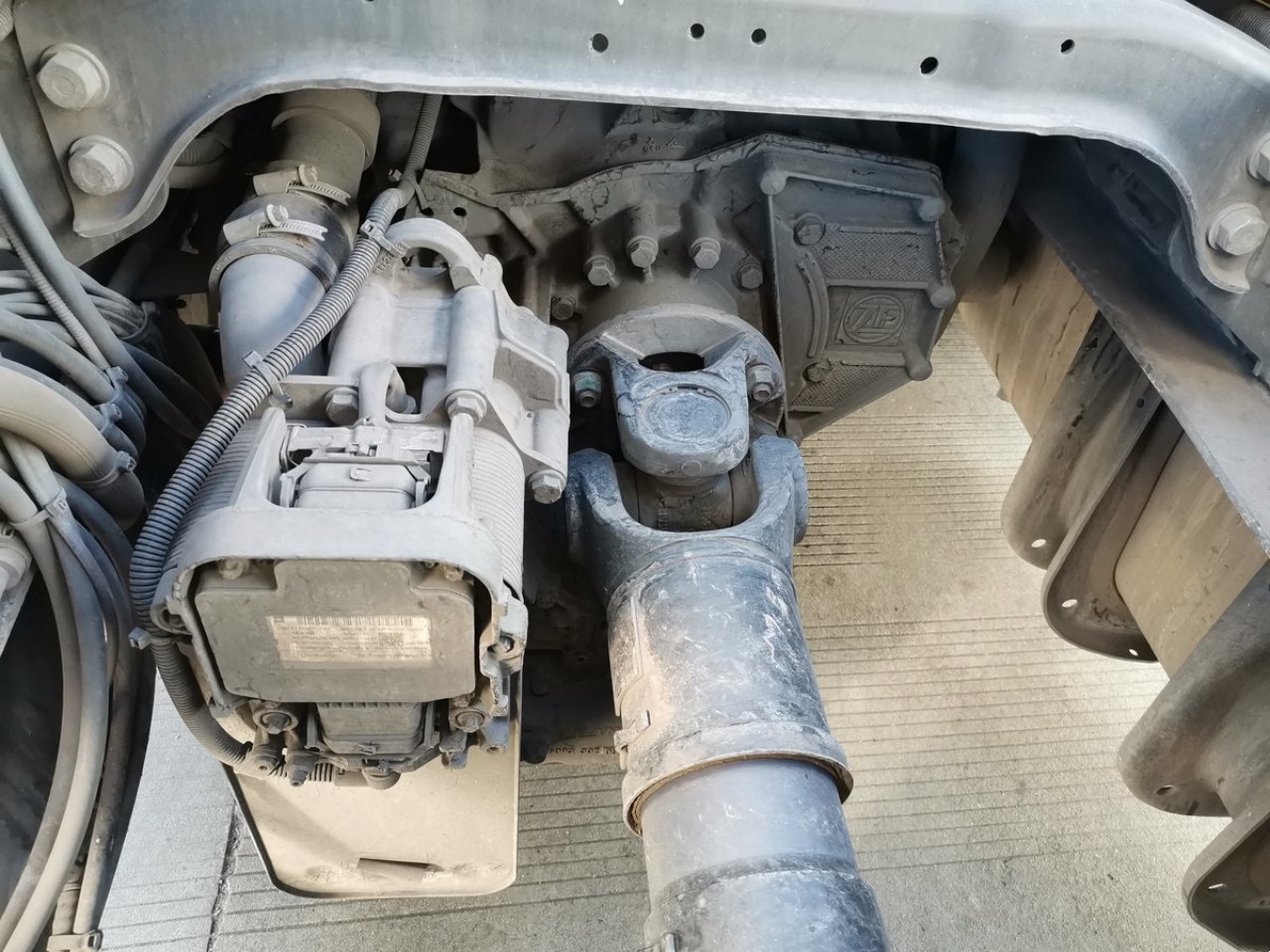
Fresh milk must be filled at a temperature below 4°C and unloaded at the factory at no more than 8°C. Any deviation may result in rejection by the customer.
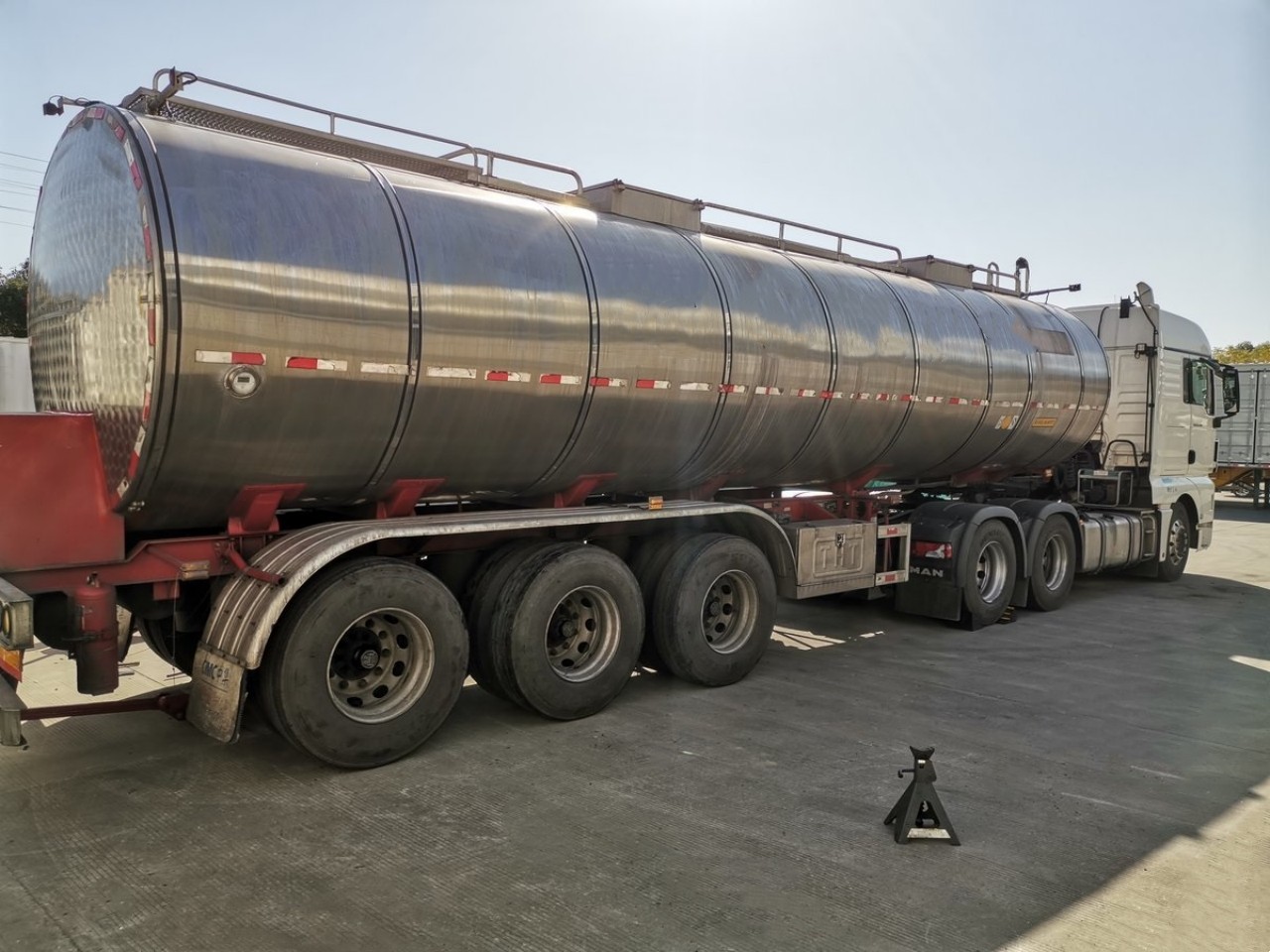
Compared to general logistics transport, the sanitary standards for fresh milk are far stricter. Precise control over temperature and transit time is essential. Every minute of delay can affect the milk’s hygiene, which is why fresh milk transport trucks require such advanced specifications to meet both hygiene and timeliness demands.
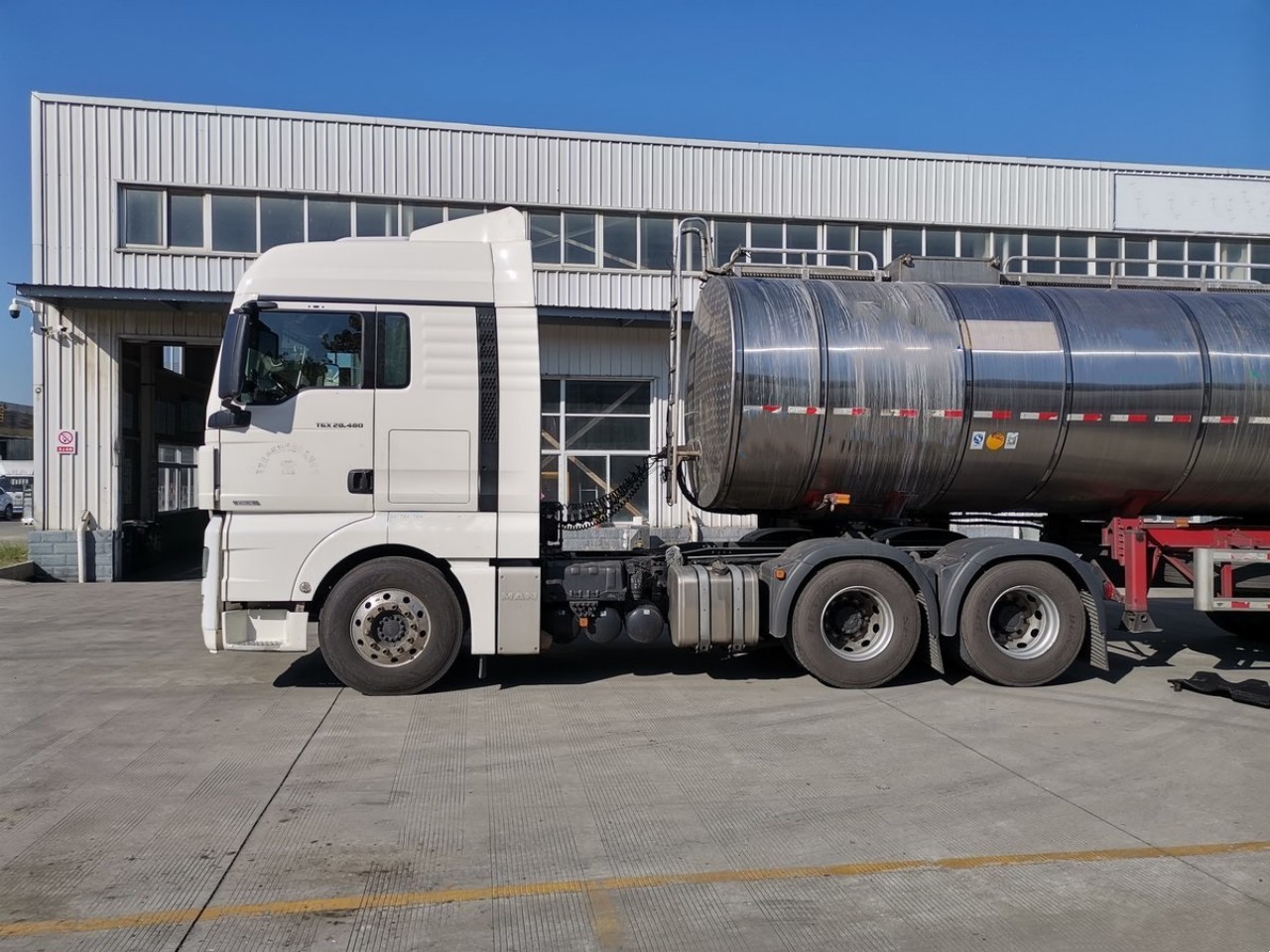
MAN Trucks: Rugged Design With Deep Heritage
Whether old or new, MAN trucks are defined by strong, linear styling—sharp and bold, exuding masculinity. Interestingly, “MAN” has nothing to do with “man.” It stands for Maschinenfabrik Augsburg Nürnberg, the company’s predecessor, and is an acronym formed from the initials of those German words.
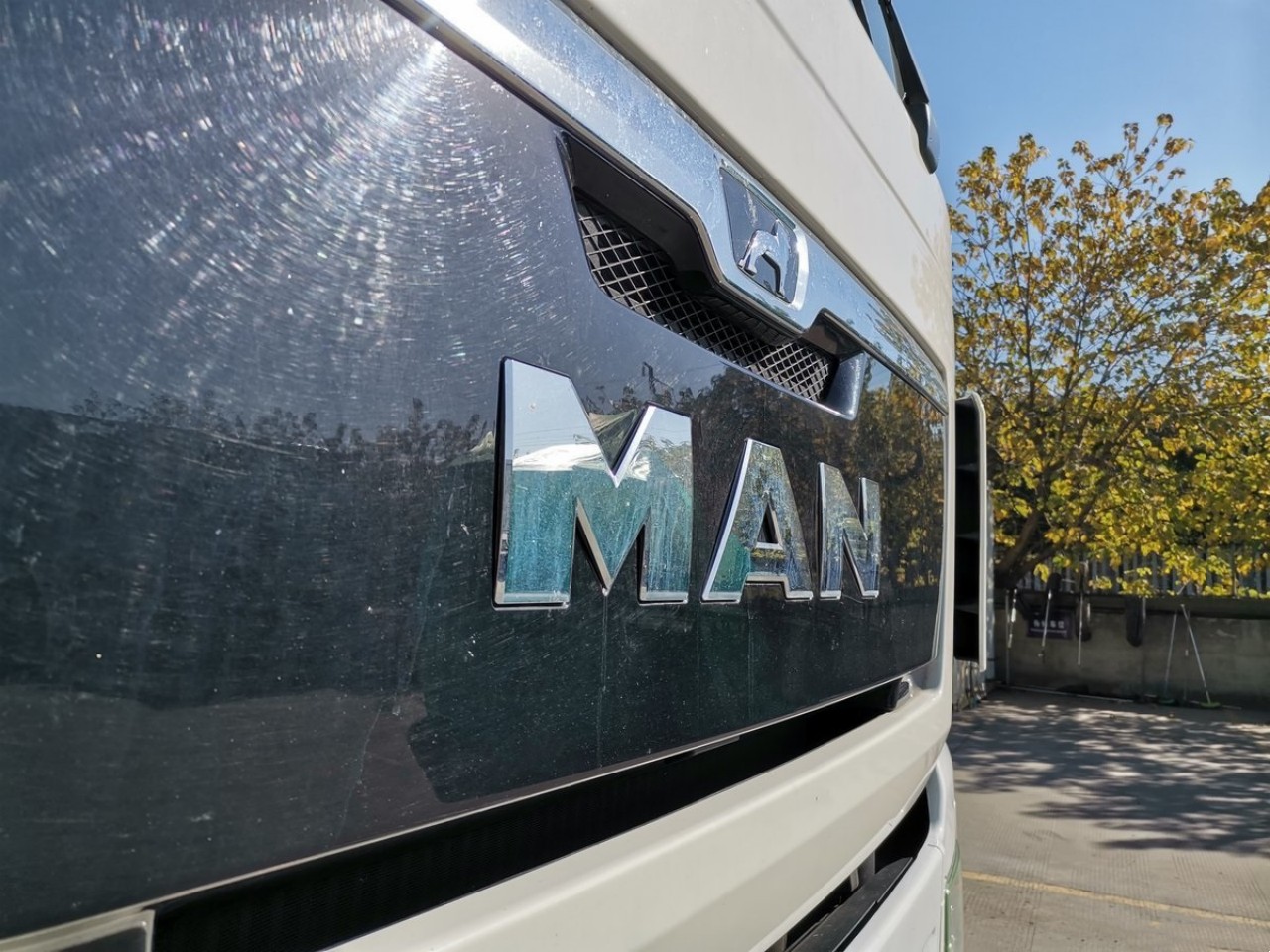
The square-shaped design emphasizes toughness over elegance. The open-style step integrated with the bumper makes it easier to clean the windshield.
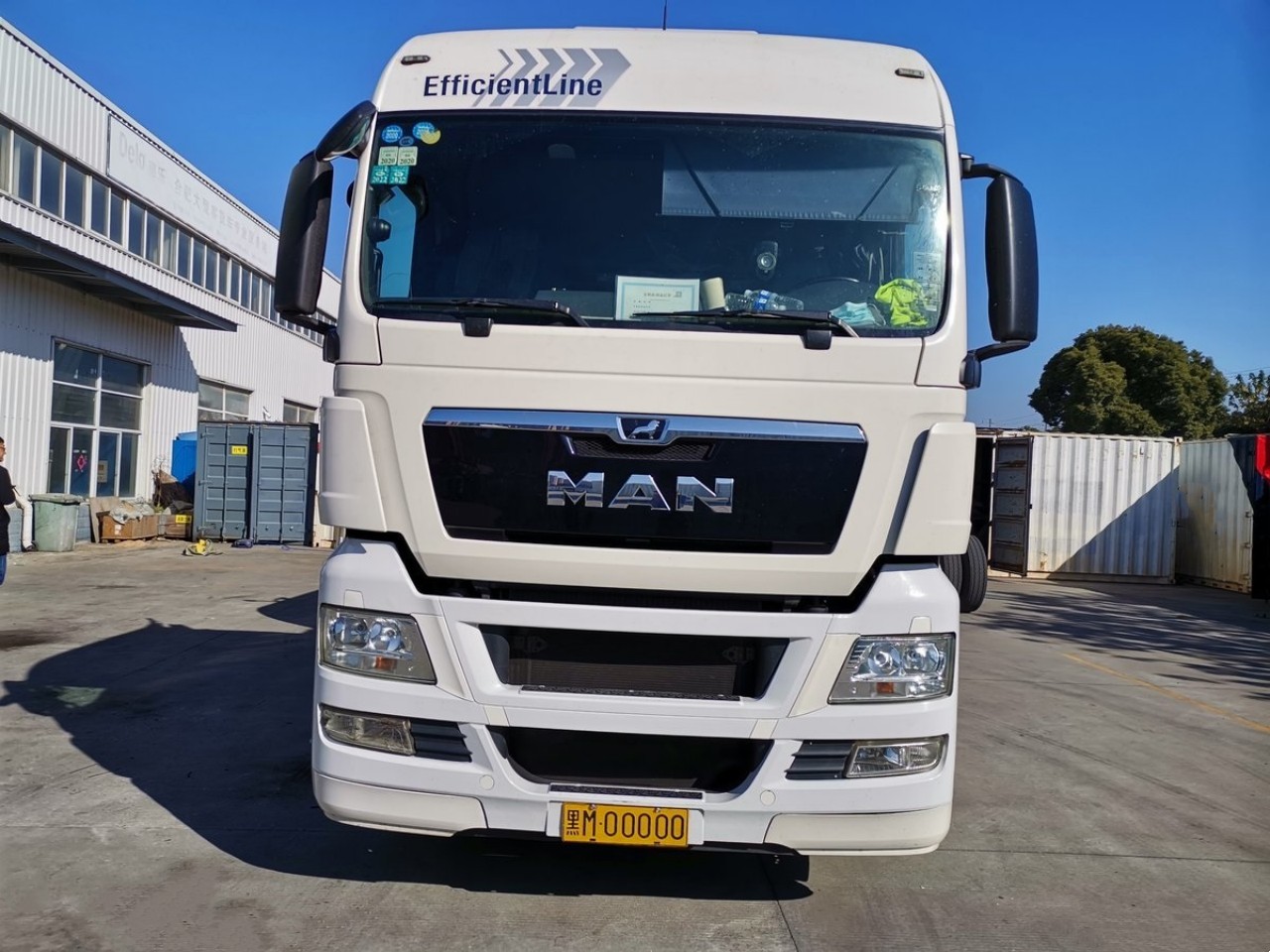
The split high/low beam headlights may not match the brightness of modern LED or xenon lights, but their expressive appearance lends a sense of enhanced brightness. Vulnerable lower side components are designed in a modular fashion—if something breaks, you only need to replace that specific part.
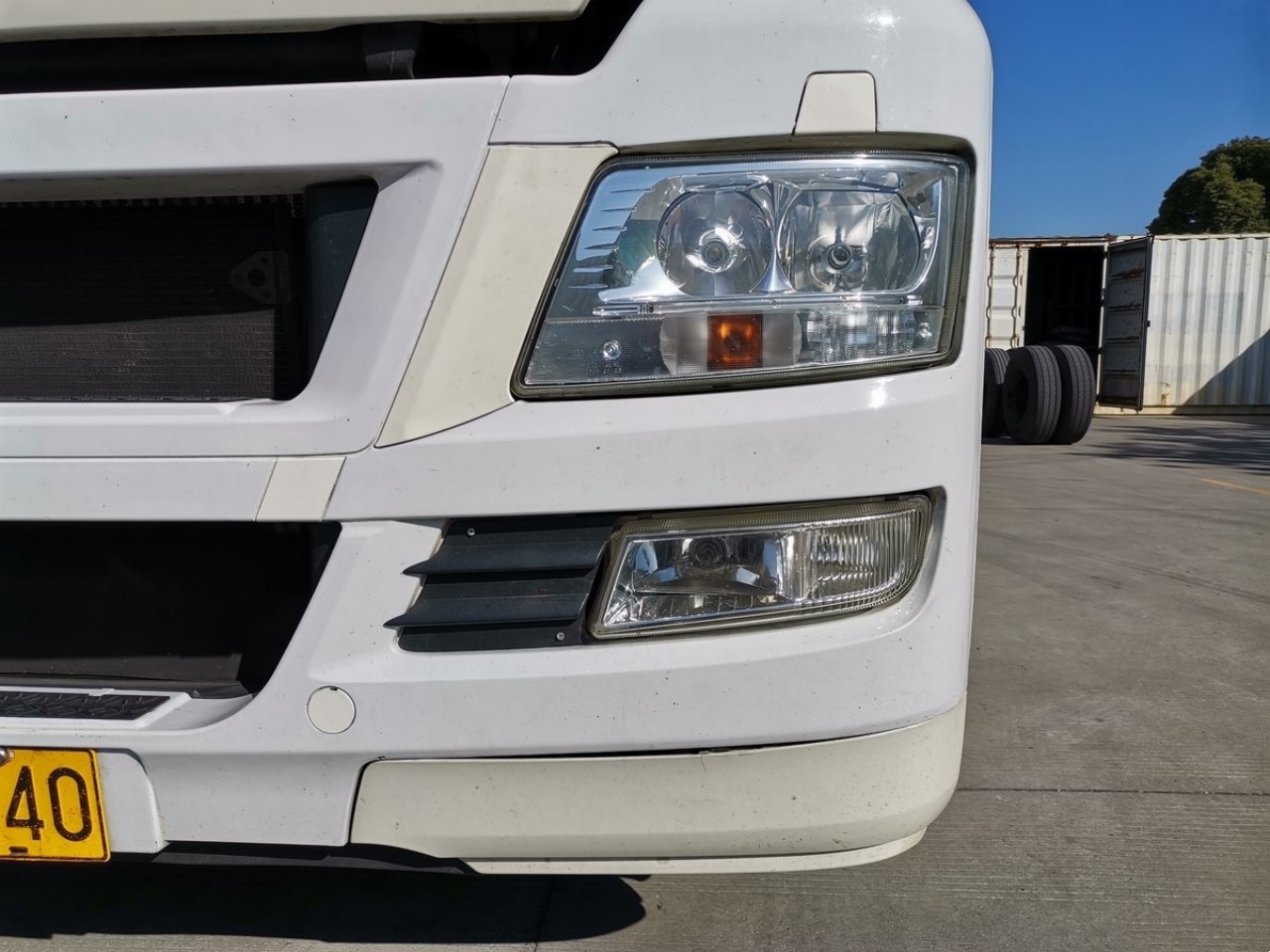
From the side, the vehicle has a familiar silhouette. Without the badge, it could easily be mistaken for a Chinese brand. However, this also highlights the success of MAN’s design. The air intake integrates smoothly with the side deflectors, and due to its EURO V emission standard, the exhaust system is compact and flush with the side panel—great news for perfectionists.
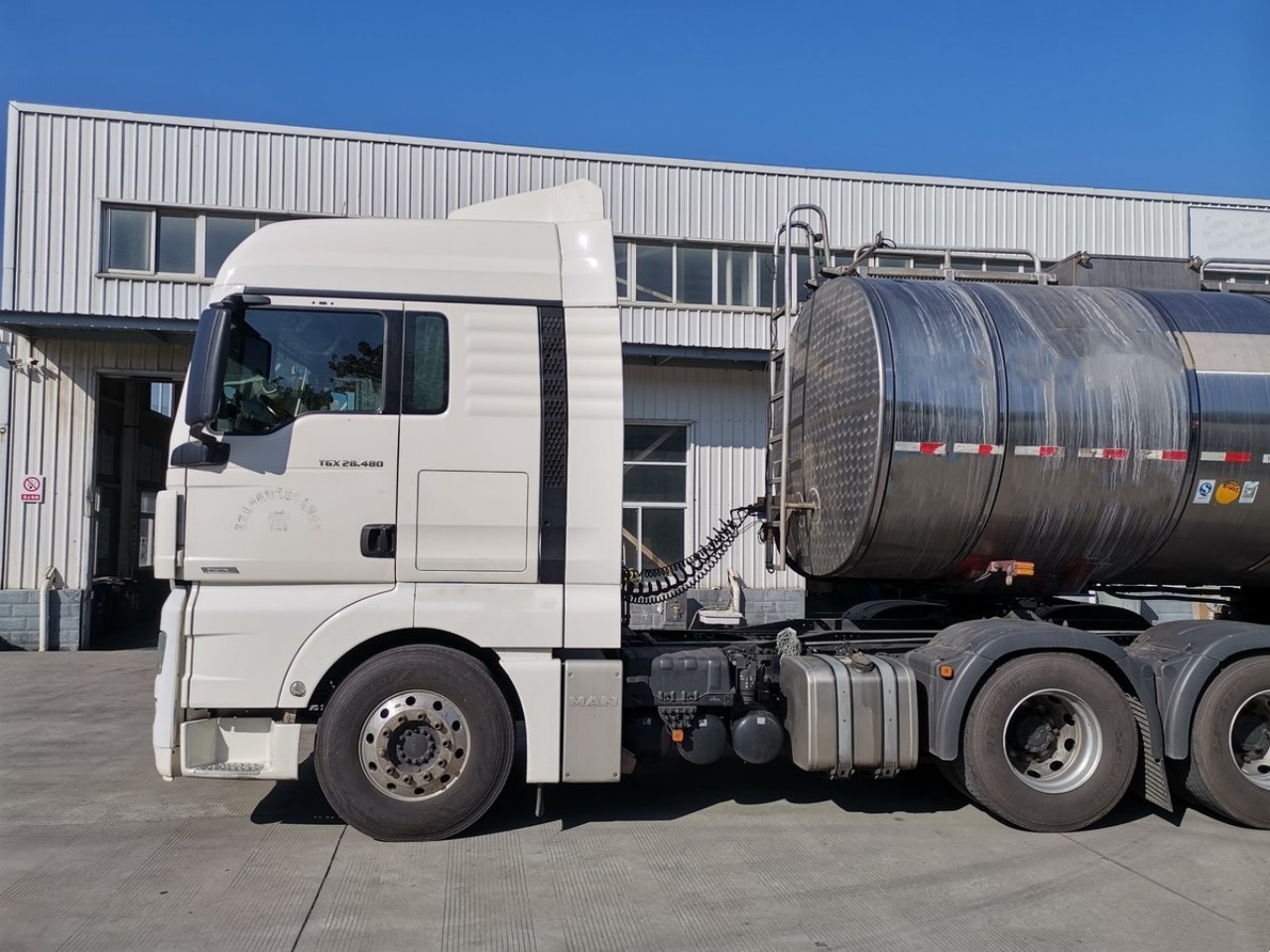
Compared to the larger XXL cab, this model uses the XLX size, omitting the small side window above the door, resulting in a more balanced profile.
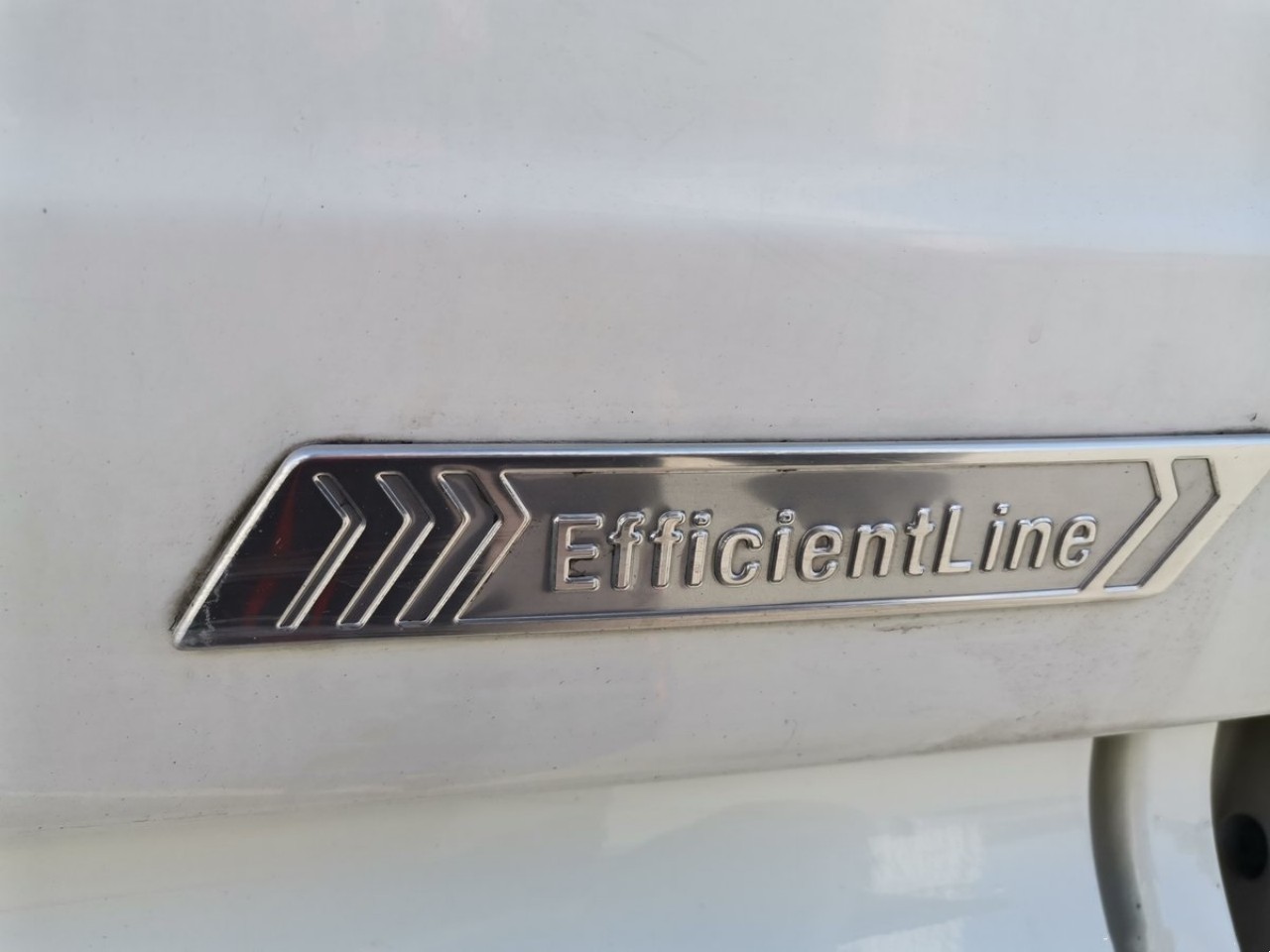
Interior: Understated Luxury With Powerful Functionality
Opening the cab, 2 of the 3 entry steps are enclosed within the door panel to minimize contamination from road grime. Double-seal weather strips on both the door and frame keep the interior clean and quiet.
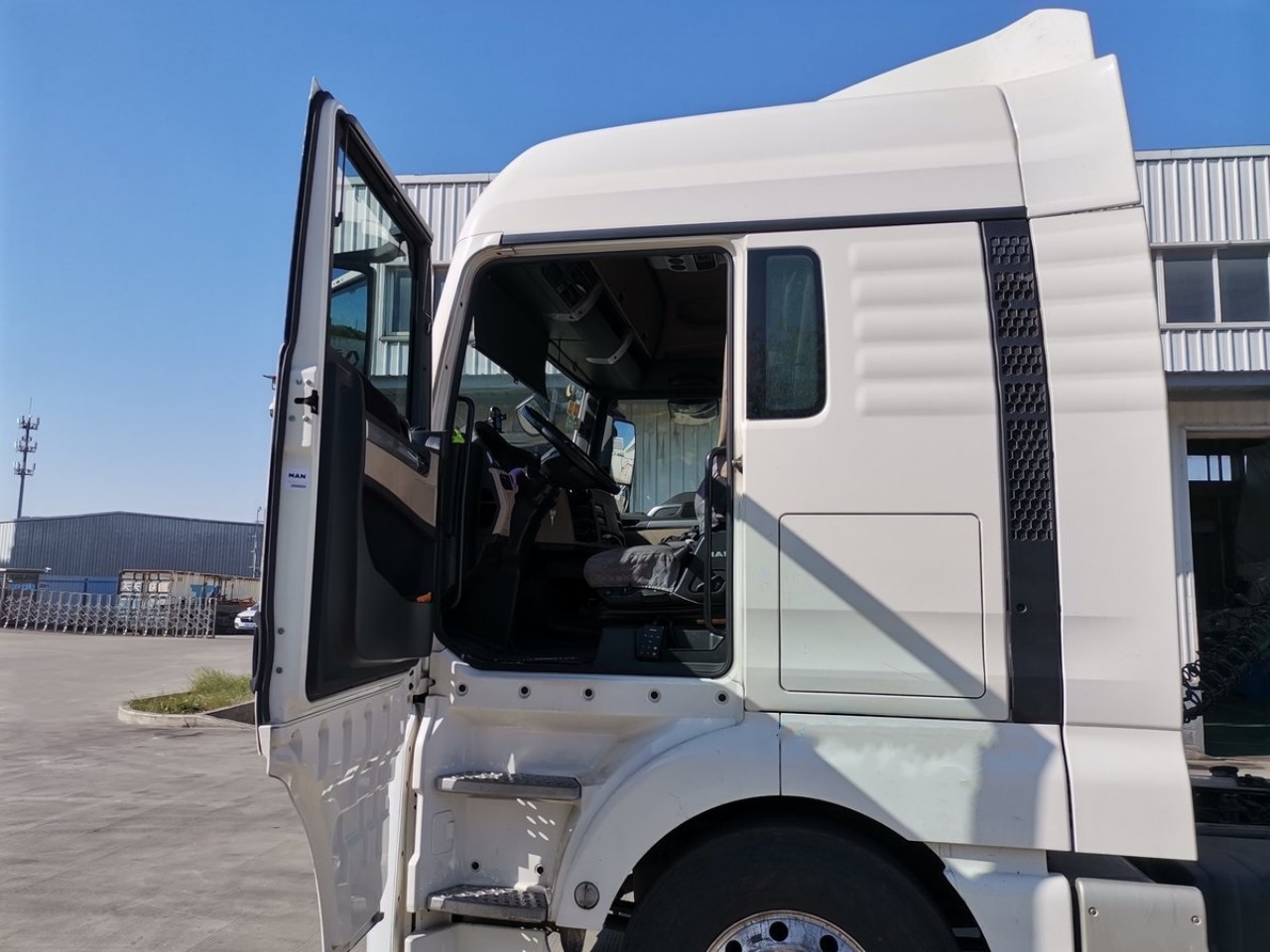
The interior is spacious and user-friendly. A flat floor allows free movement inside the cab. Though the driver often carries many personal items, everything has a designated storage space. All control buttons are clustered around the steering wheel—easy to reach, intuitive to use.
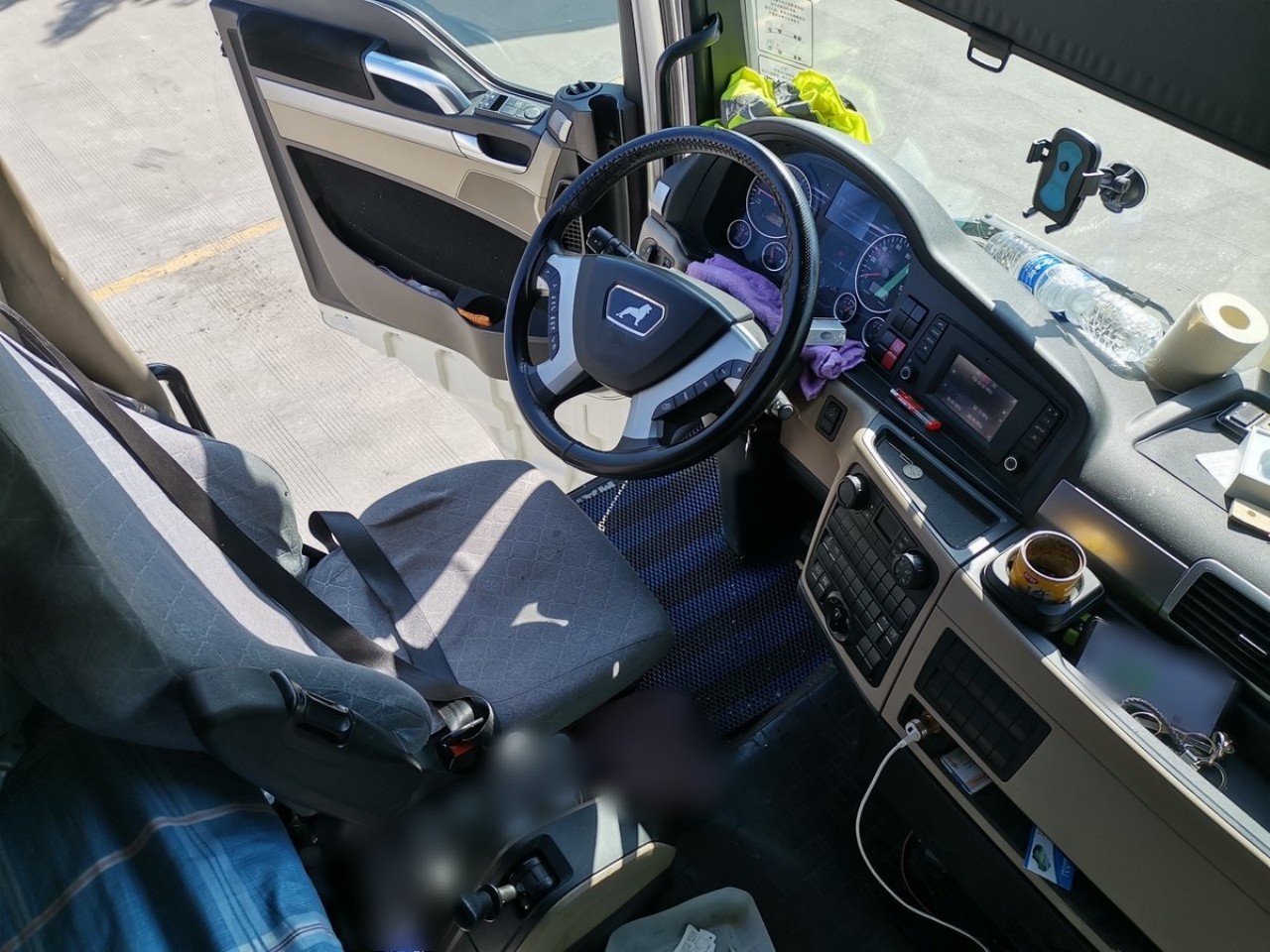
From the driver’s viewpoint, the light-toned interior and bookshelf-like dashboard layout give a clean, structured feel.
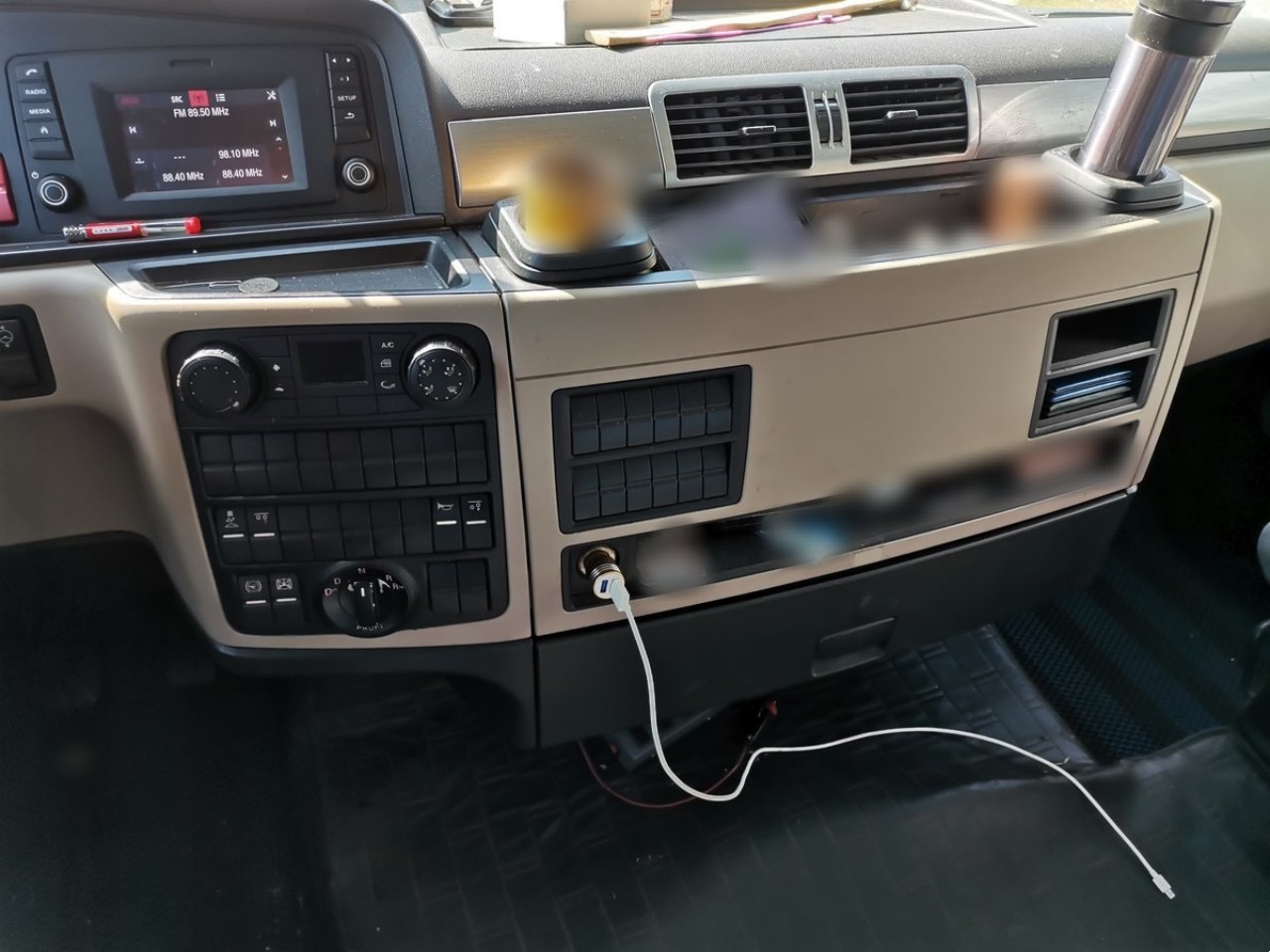
The gear selector has been moved from the central console to beneath the climate controls. Though it may seem less convenient, being an automatic transmission, the shift frequency is low, and the relocation frees up central space, improving practicality.
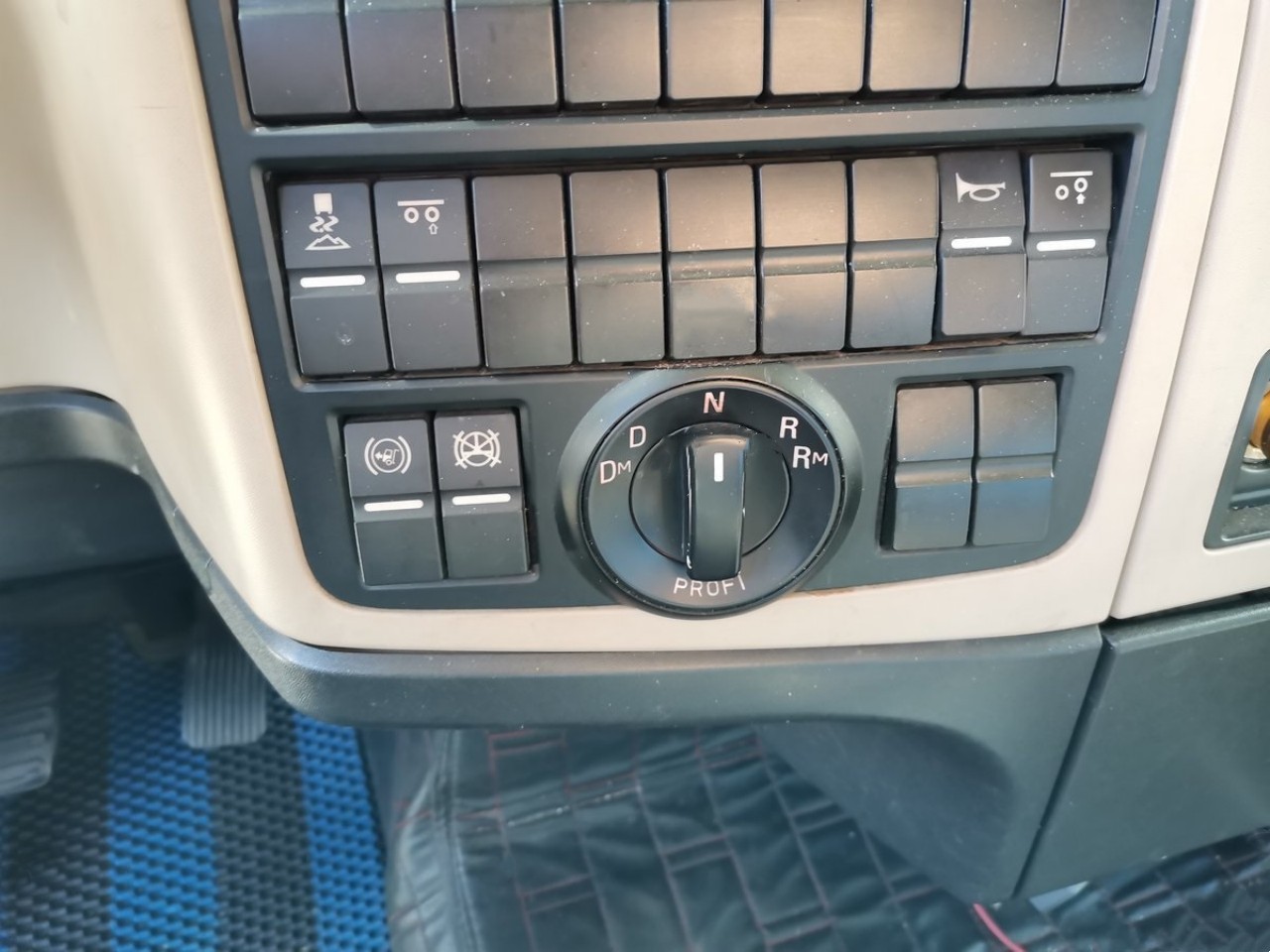
The infotainment system feels very “Volkswagen.” Button layout and screen interface are nearly identical to Scania’s (also under VW Group). It supports both touchscreen and physical buttons, making it user-friendly.
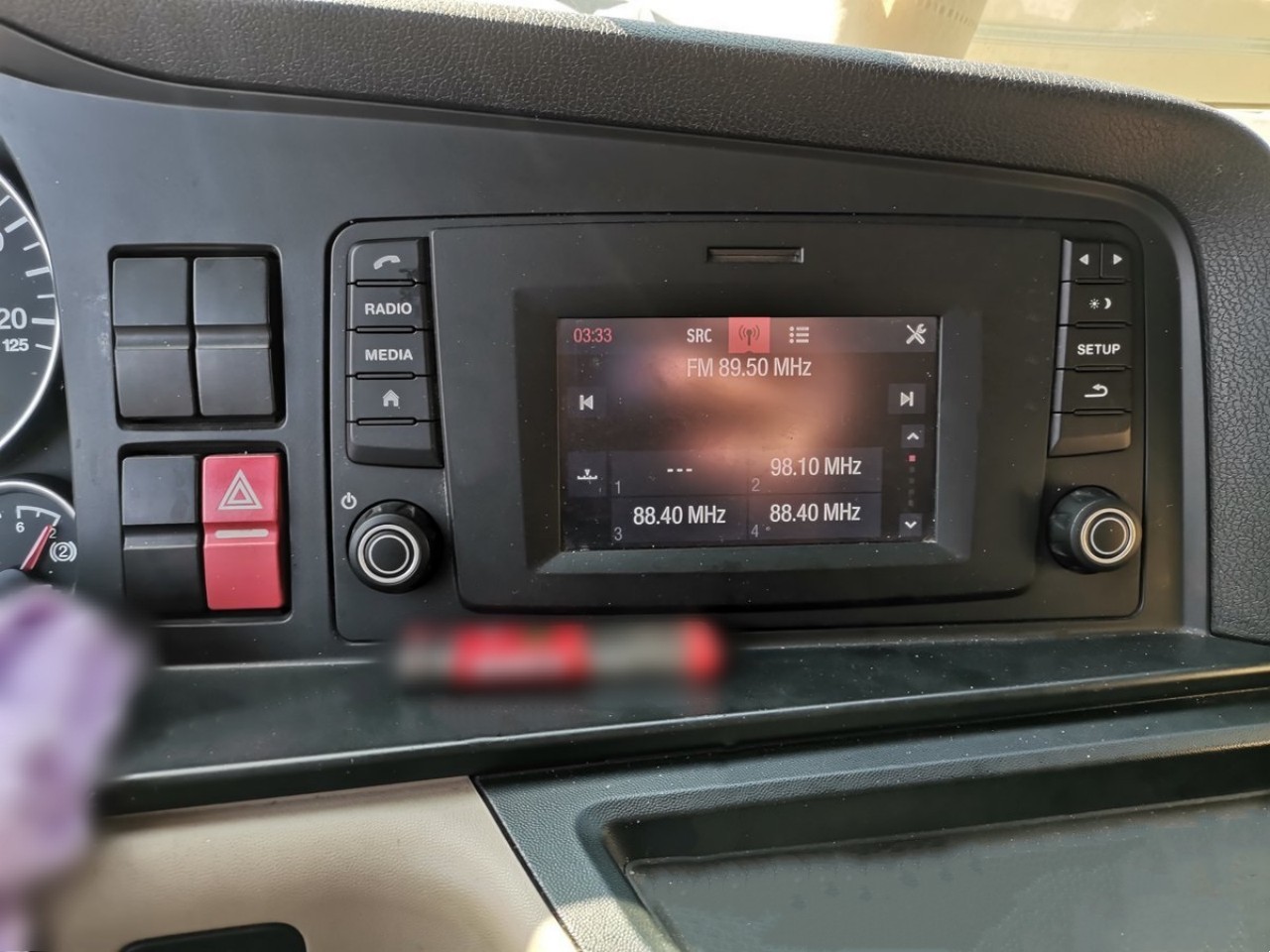
Familiar roof storage bins and reading lights, sun visors with retractable shades, and infinitely adjustable height—every detail shows thoughtful design. The roof-mounted integrated parking A/C system, paired with a diesel generator, ensures comfort in both winter and summer.
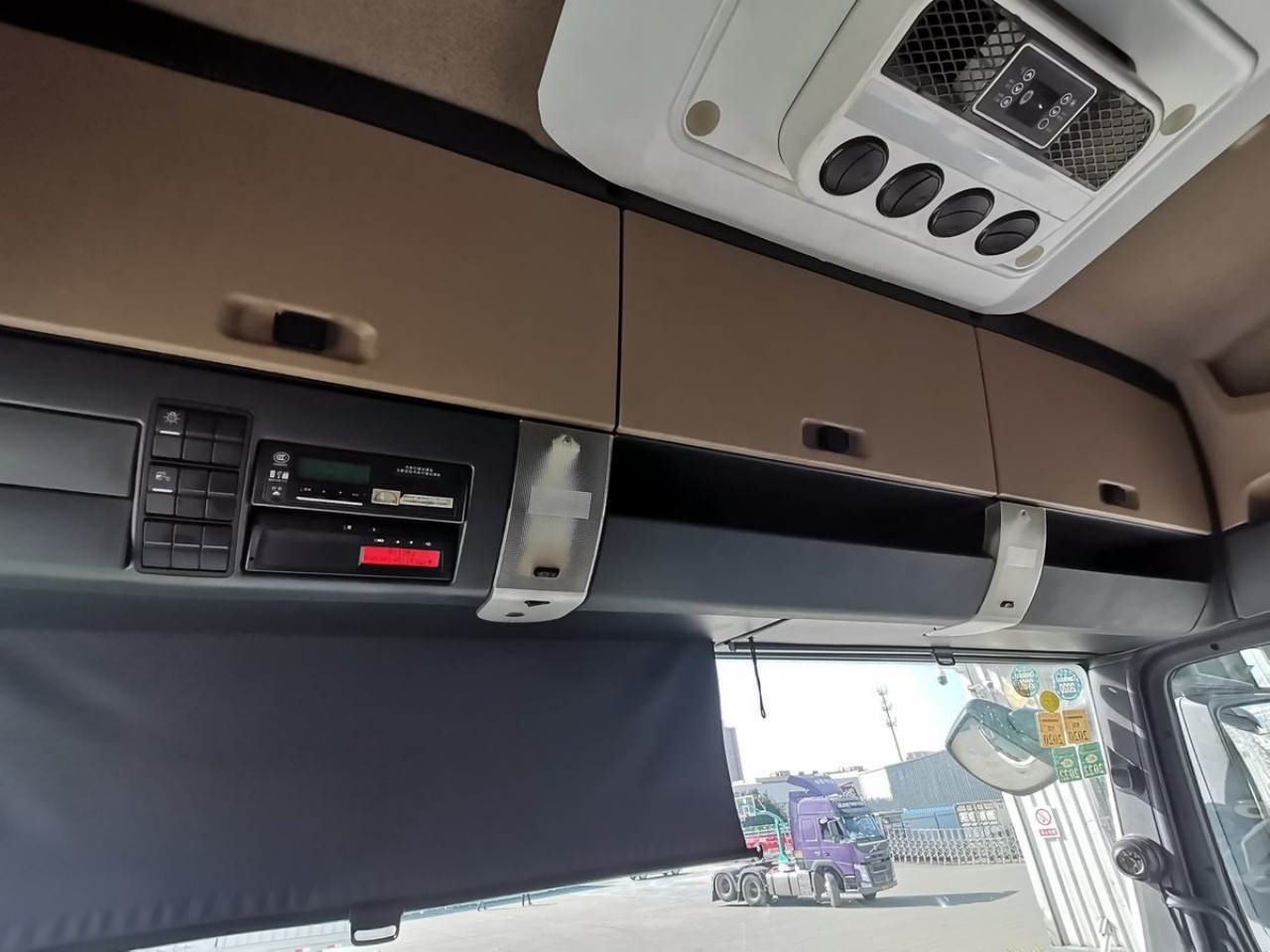
A small lion logo above subtly reminds the driver they are in a MAN. Storage compartments, adjustable reading lights, USB ports, cigarette lighters, a digital clock with alarm, and window switches are all located near the sleeper—details that define quality.
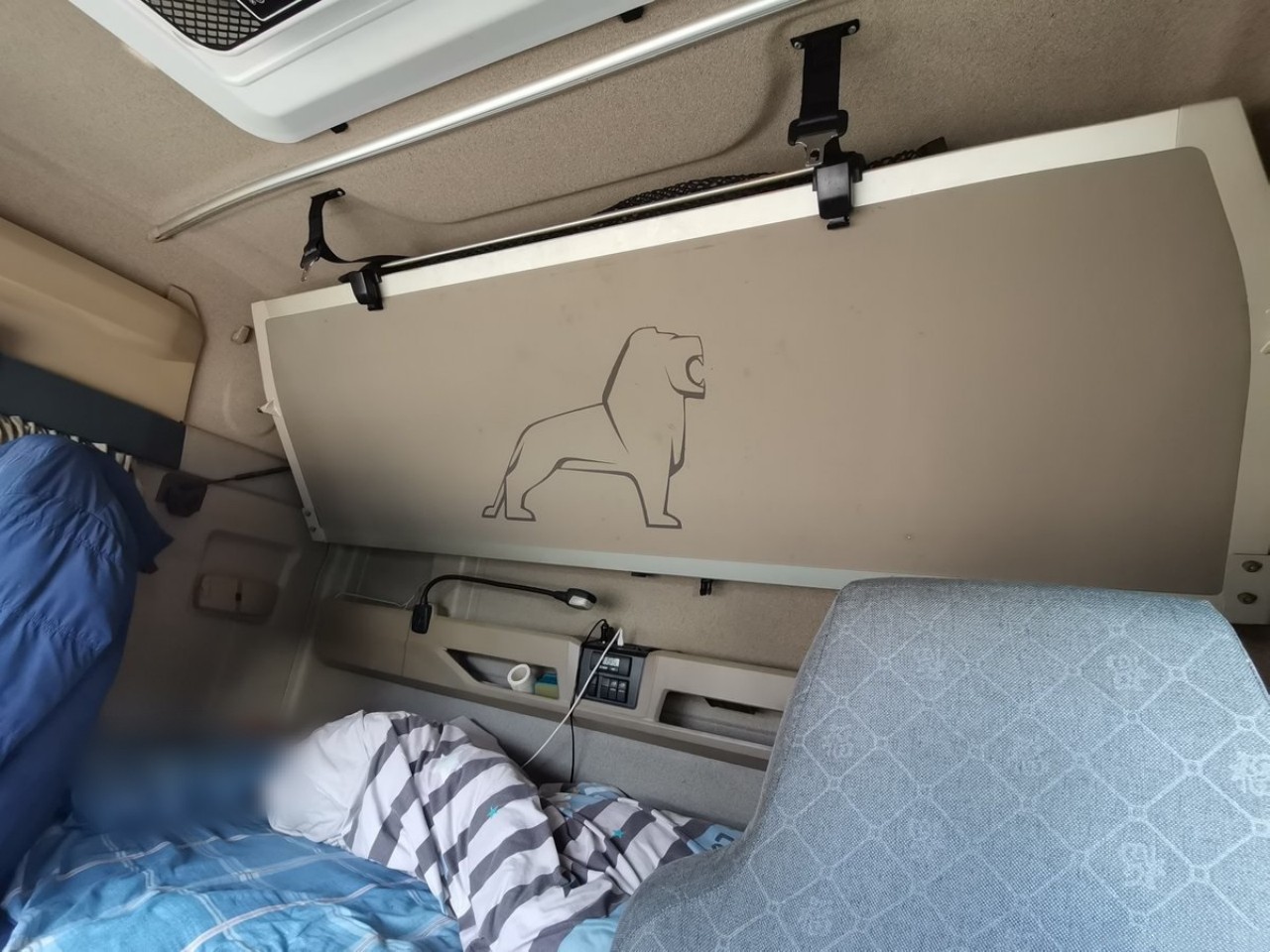
Driving Experience: Focused and Functional
Multi-function steering wheel buttons are located on both sides, featuring small grooves and raised bumps for easy, tactile operation. The analog-style instrument cluster is clear and easy to read. Warning lights are prominently displayed, ensuring quick awareness of any issues.
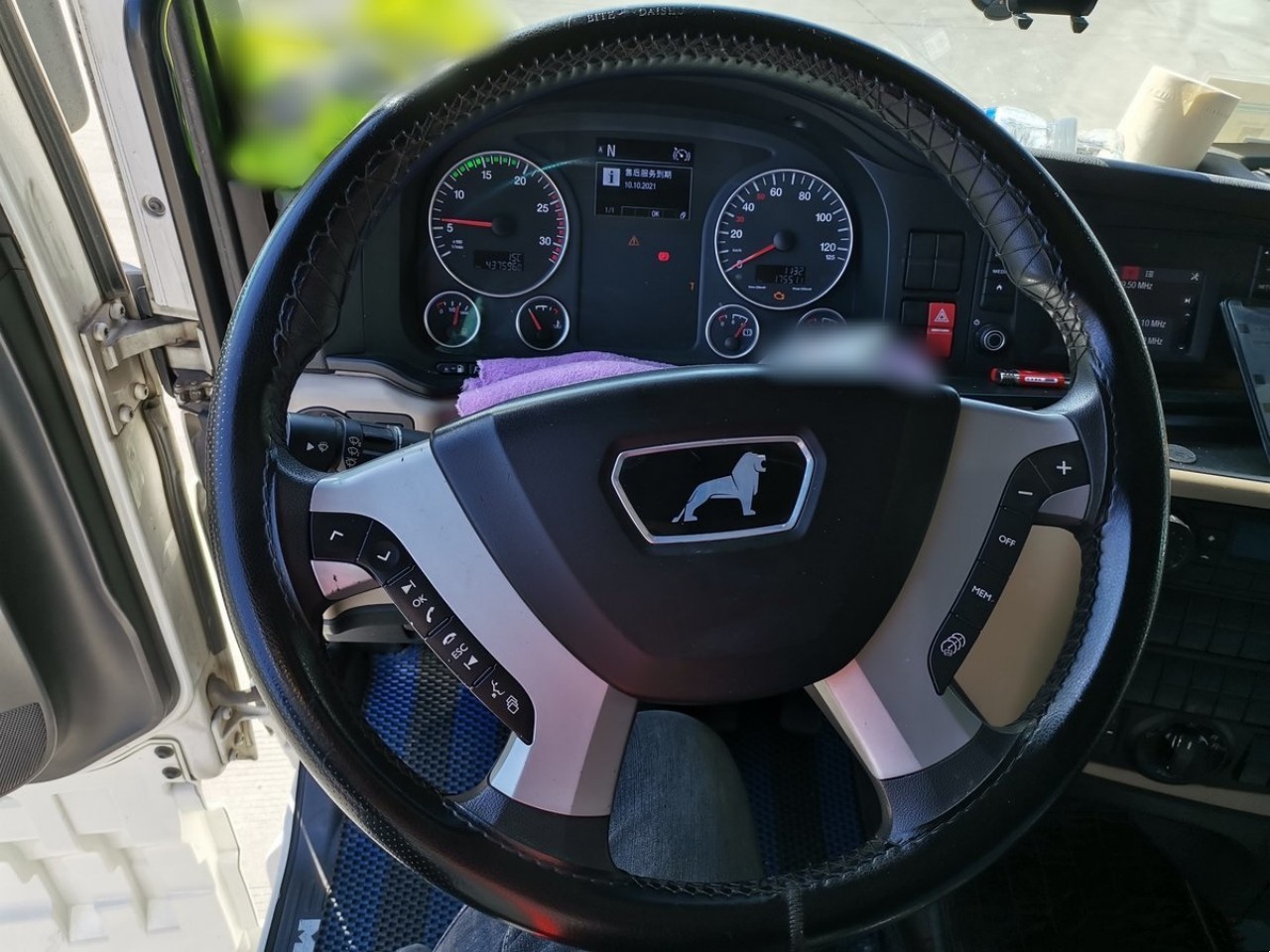
Heated side mirrors are a huge advantage in rainy or snowy conditions. The inner defrost vents direct air onto the windows to reduce fogging without discomfort to the driver.
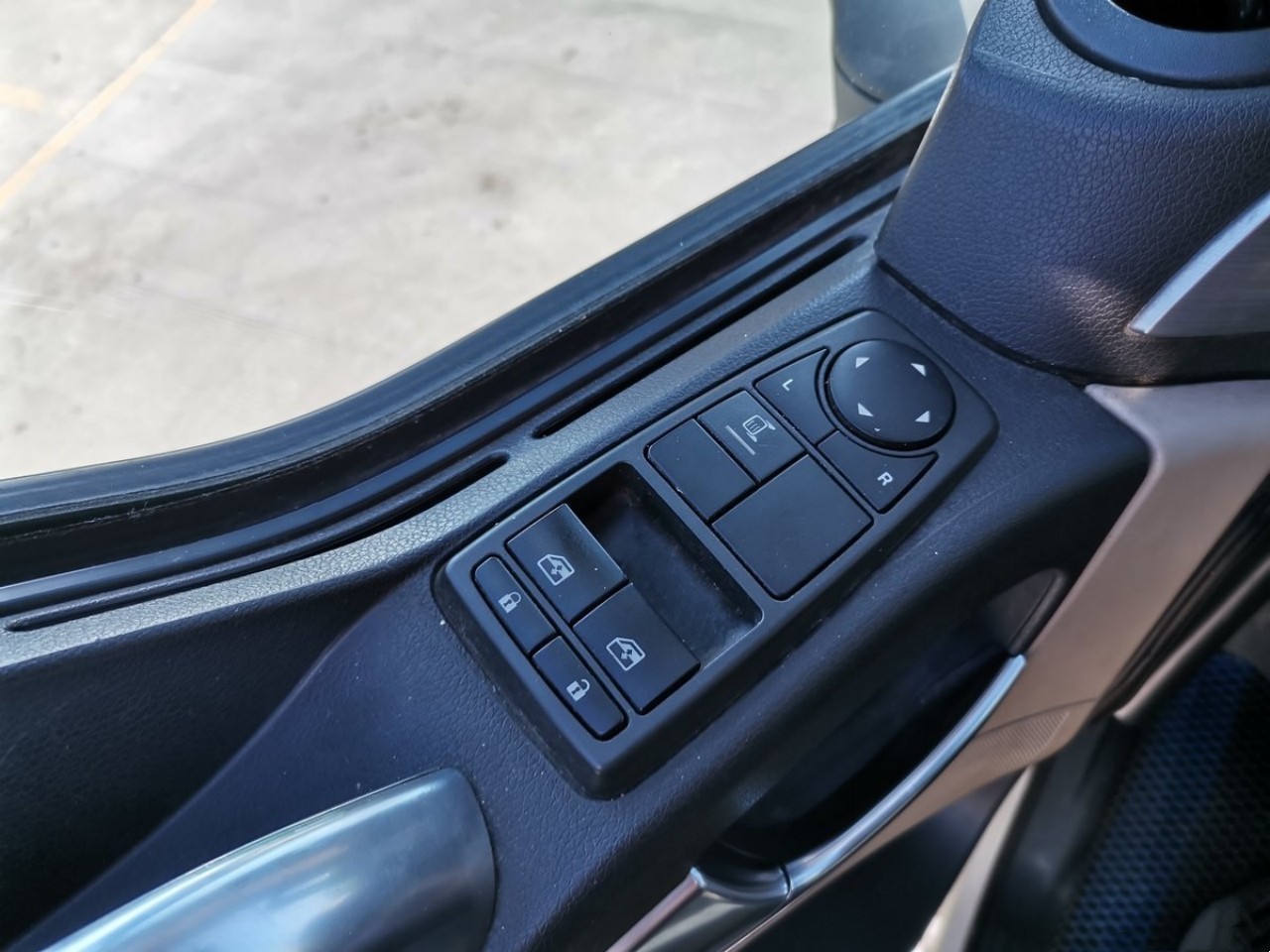
From the driver’s seat, the side mirrors may appear to cause larger blind spots compared to frameless modern types and panoramic windshields. However, the lowered window line ensures a spacious and open cabin feel.
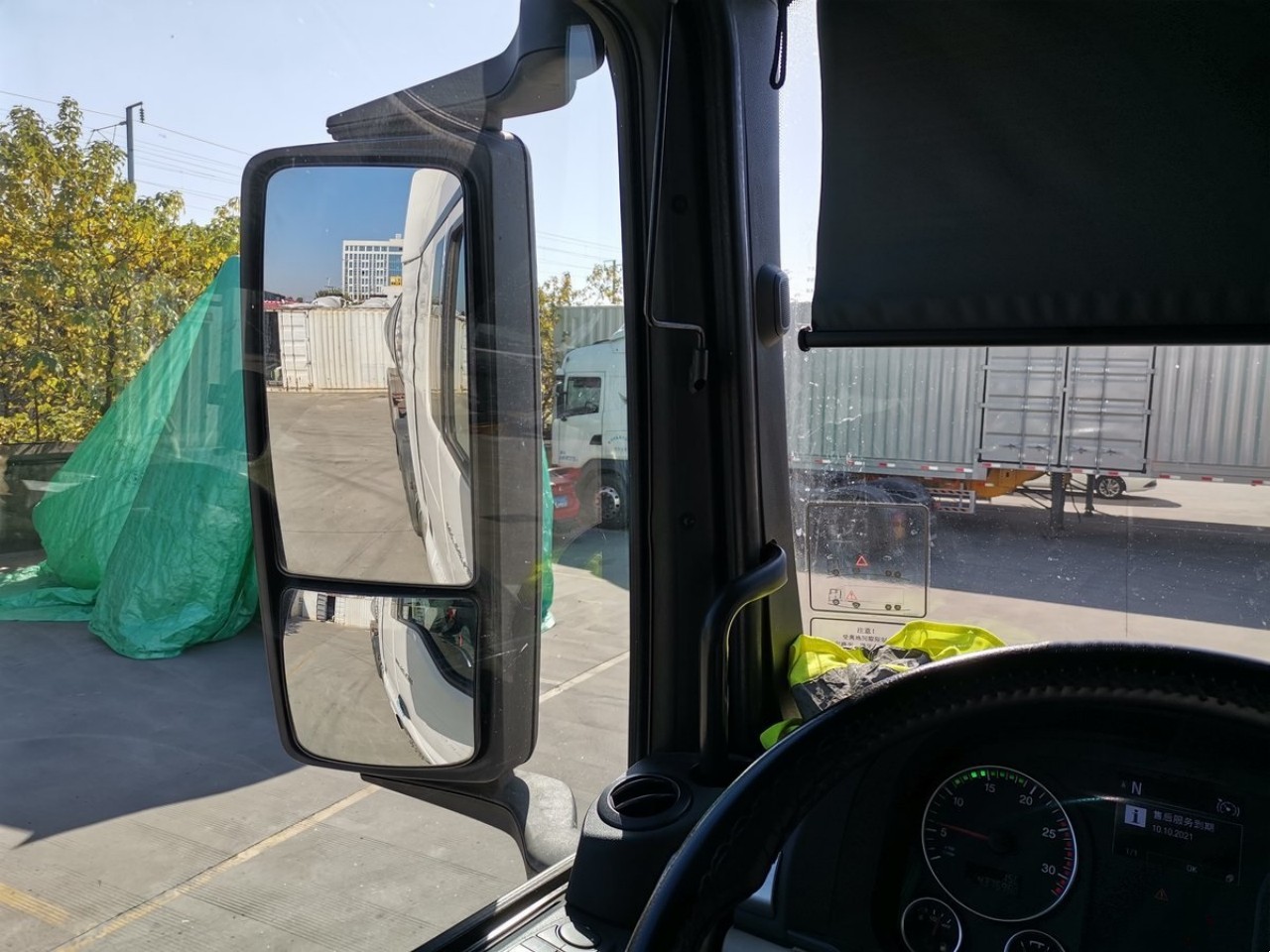
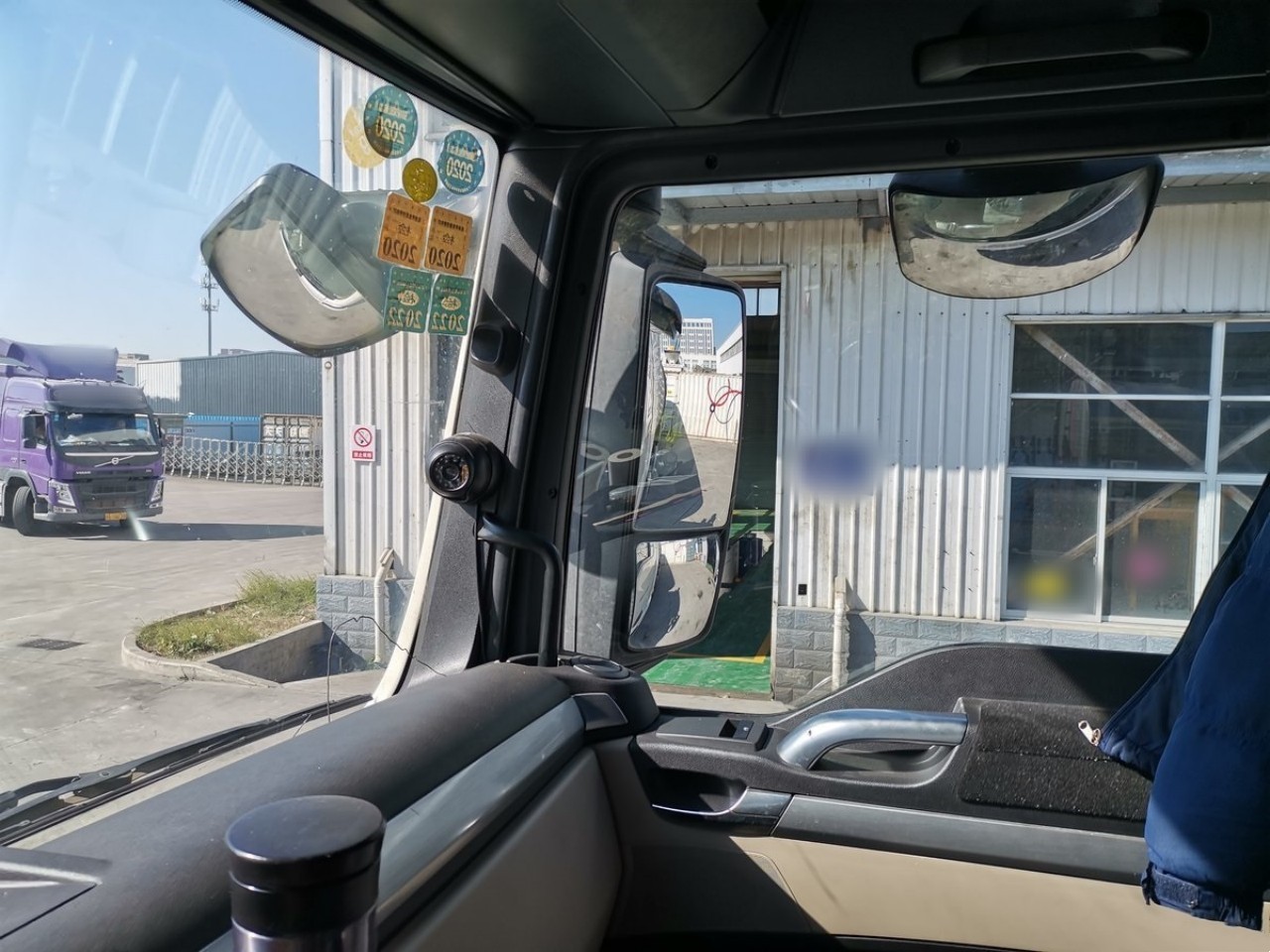
Well-utilized space and meticulous attention to detail deserve praise.
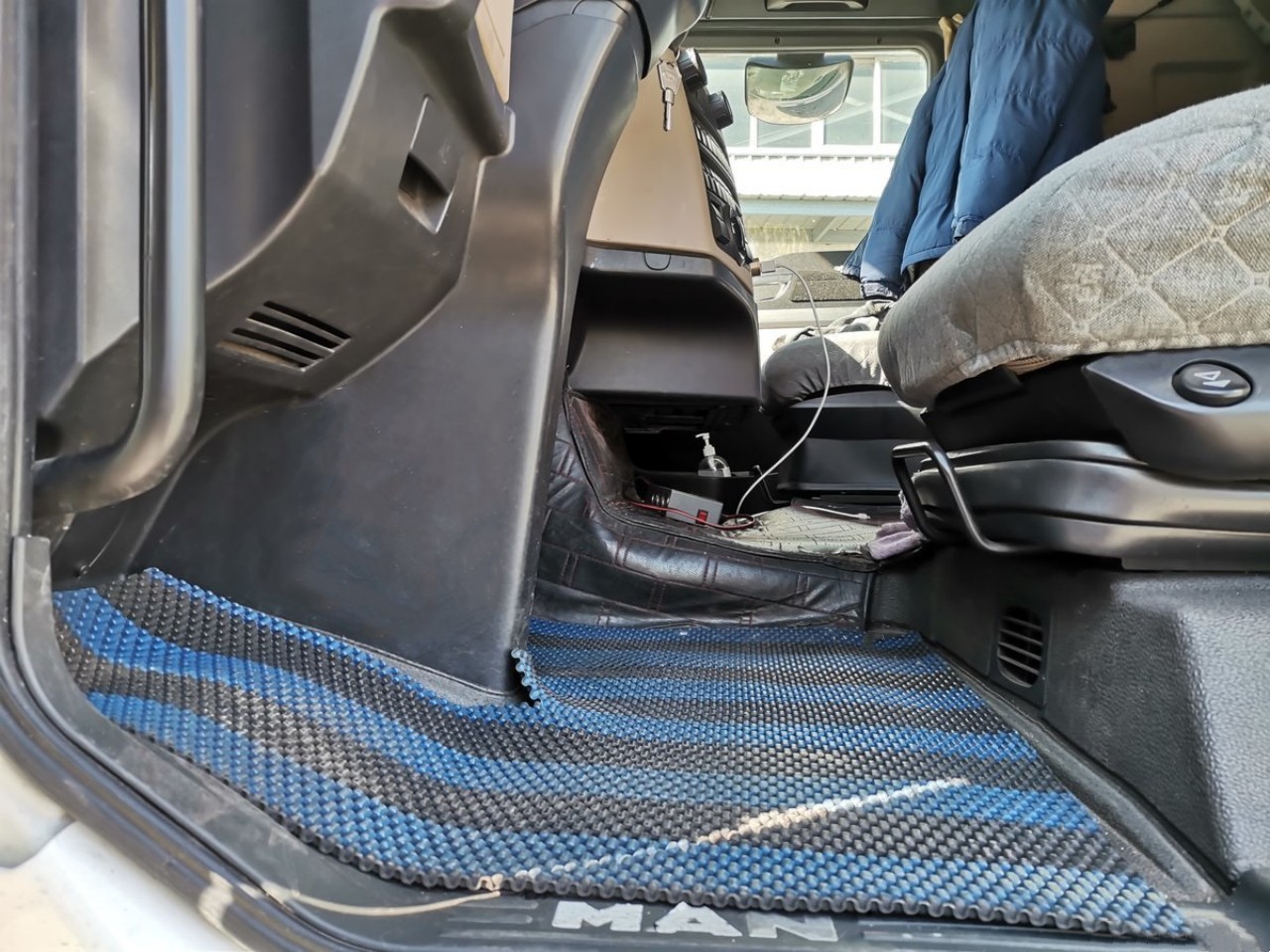
MAN’s Long and Storied Legacy
You can’t talk about MAN without mentioning the world’s first diesel engine. In 1897, Rudolf Diesel of MAN invented the diesel engine—a groundbreaking innovation. The word “Diesel” in today’s engine vocabulary comes from his name.
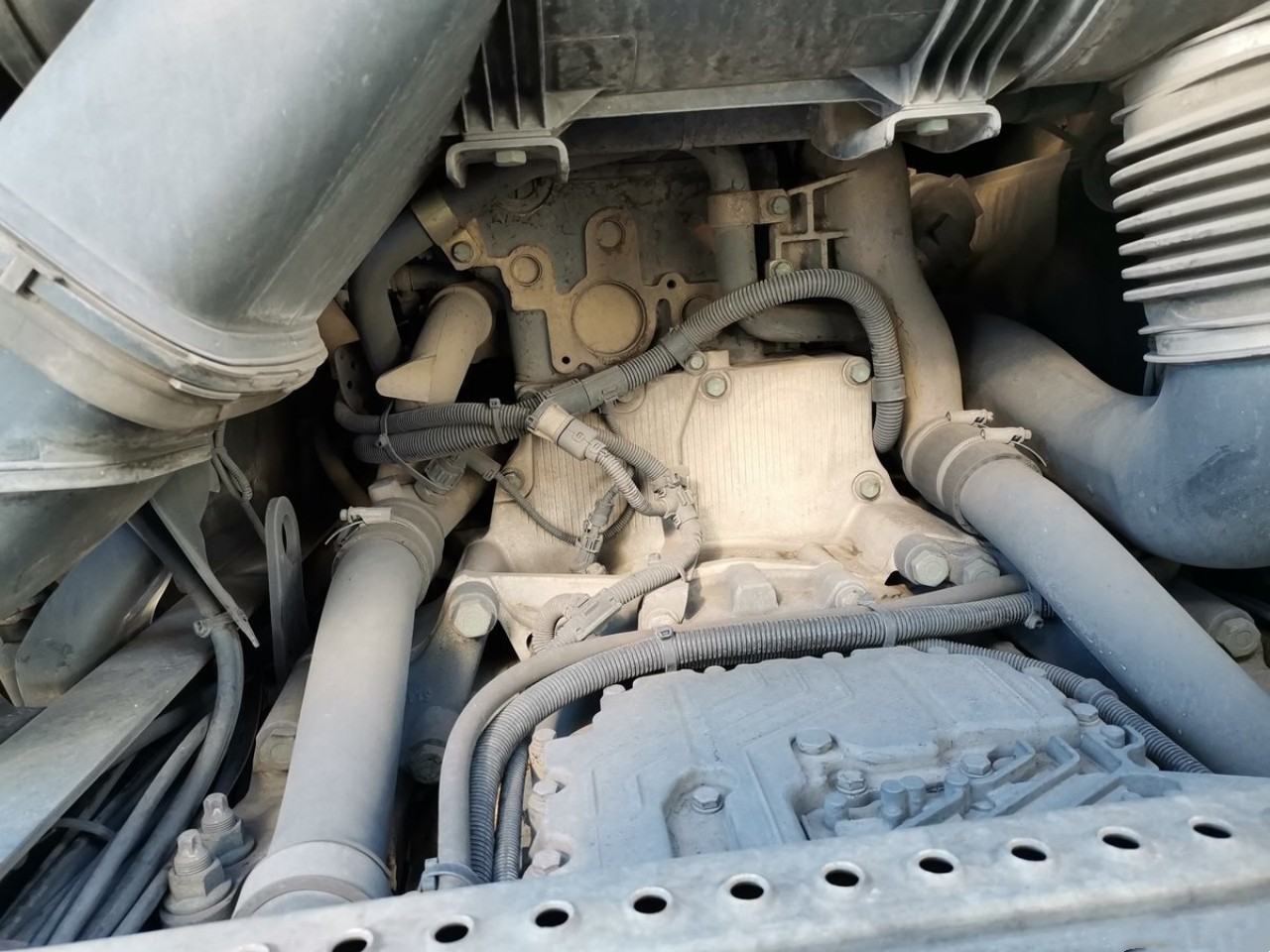
| Specification | Details |
|---|---|
| Engine Model | MAN D26 |
| Displacement | 12.4 Liters |
| Power Output | 353 kW (480 horsepower) |
| Maximum Torque | 2,300 Nm |
| Transmission Type | MAN TipMatic (TX) |
| Transmission Notes | Replaces older AS series |
| Design | Fully integrated mechatronic system |
| Advantages | Simplified maintenance and diagnostics |
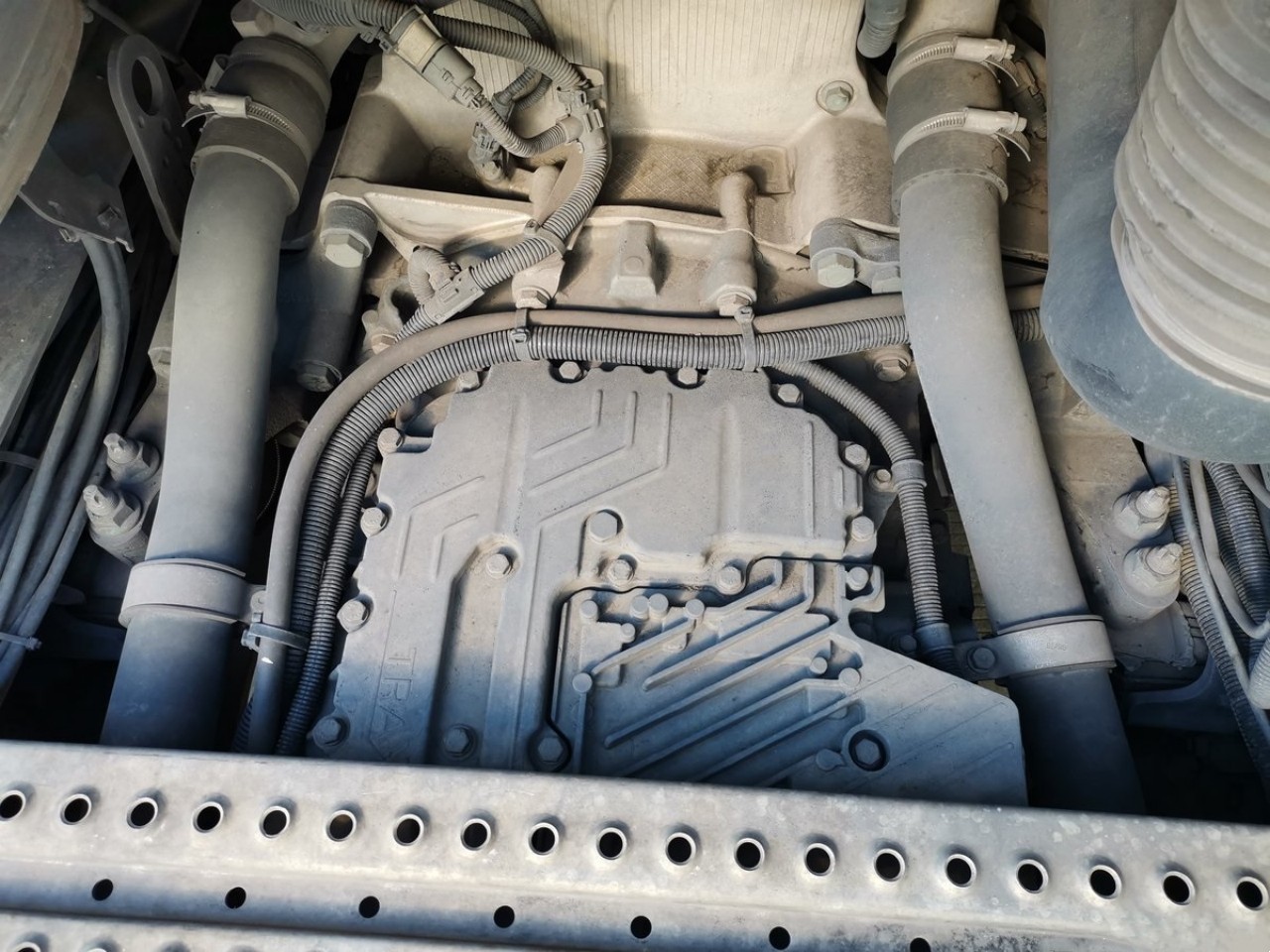
The front axle uses a single-leaf spring and stabilizer bar. Though the single-leaf design may seem flimsy, years of field use have proven its reliability. The patented Z-shaped front axle beam reduces axle weight by 8.5% while maintaining a 7.5-ton load capacity.
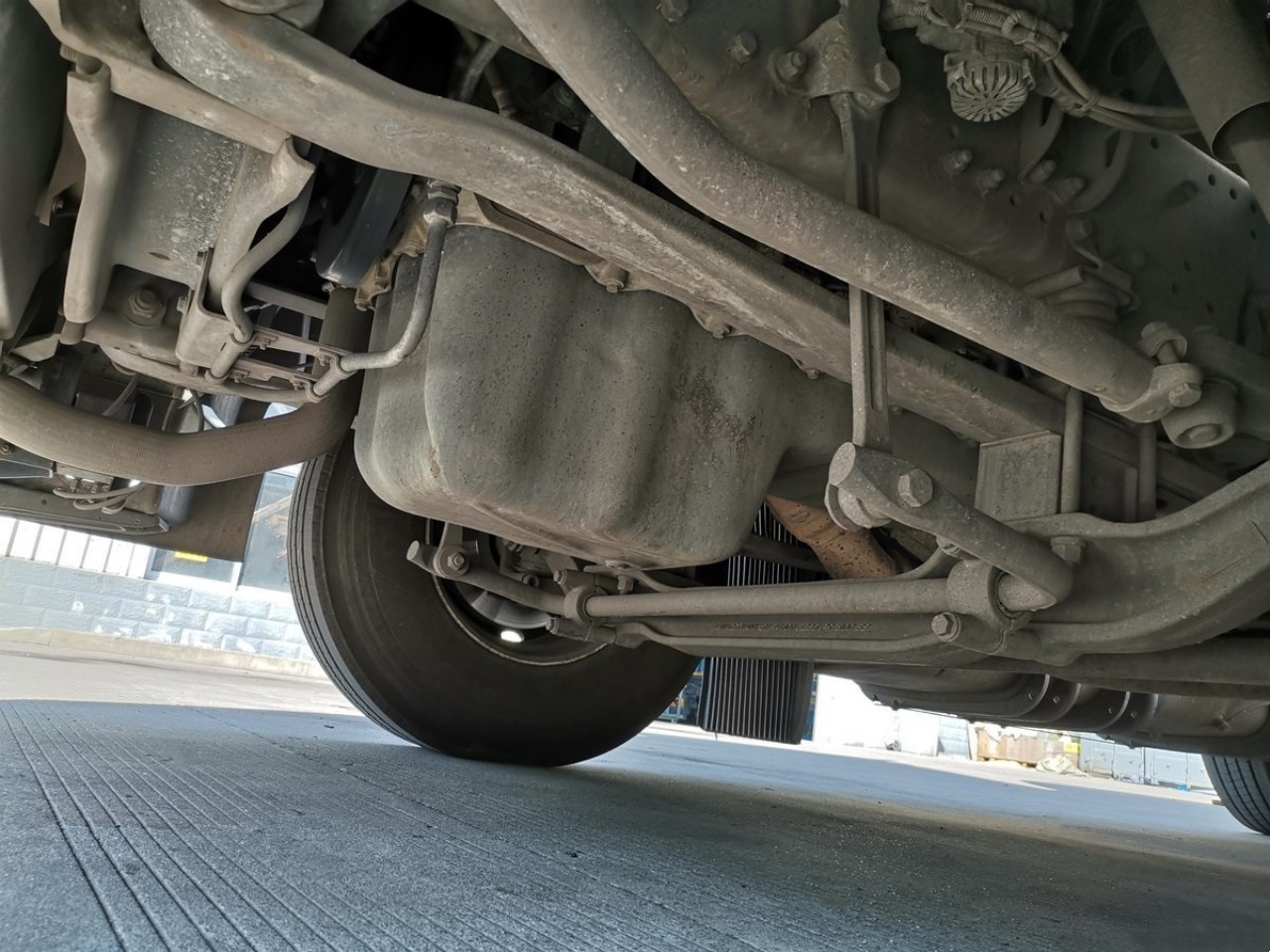
The chassis is a 6×2 configuration. The rear axle has a 2.71 ratio and is supported by 8 airbags plus 1 lift axle airbag, ensuring both comfort and light weight. The V-push design on the axle enhances high-speed stability.
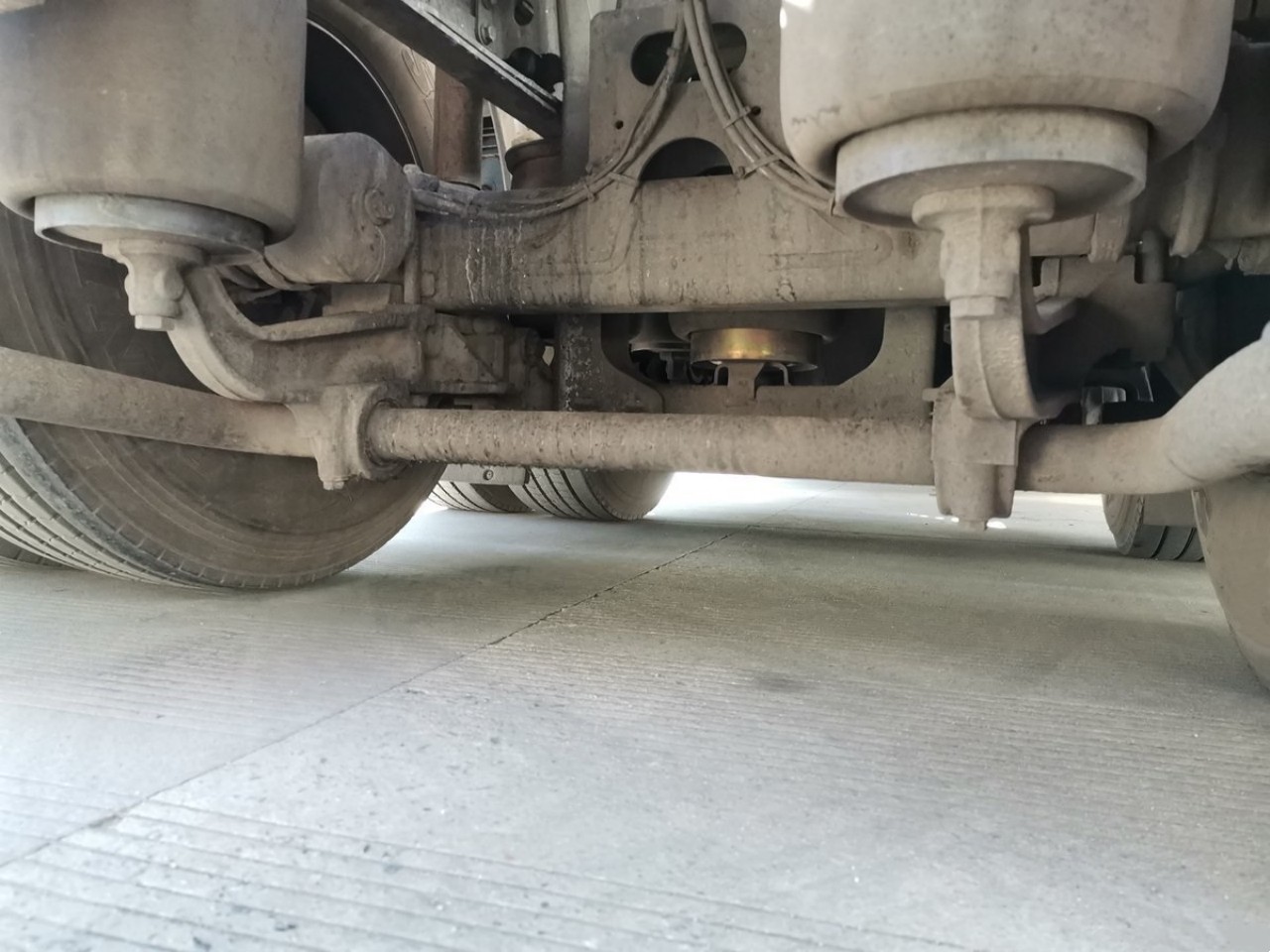
On the right side, the large fuel tank seems to dominate the view, but a closer look reveals clever engineering. The 680L fuel tank is integrated with the step at the front, a design now common in domestic trucks. At the rear is a 75L DEF (urea) tank, welded together with the main tank. This reduces mounting materials and failure points, while the fuel’s warmth helps maintain optimal urea temperature.
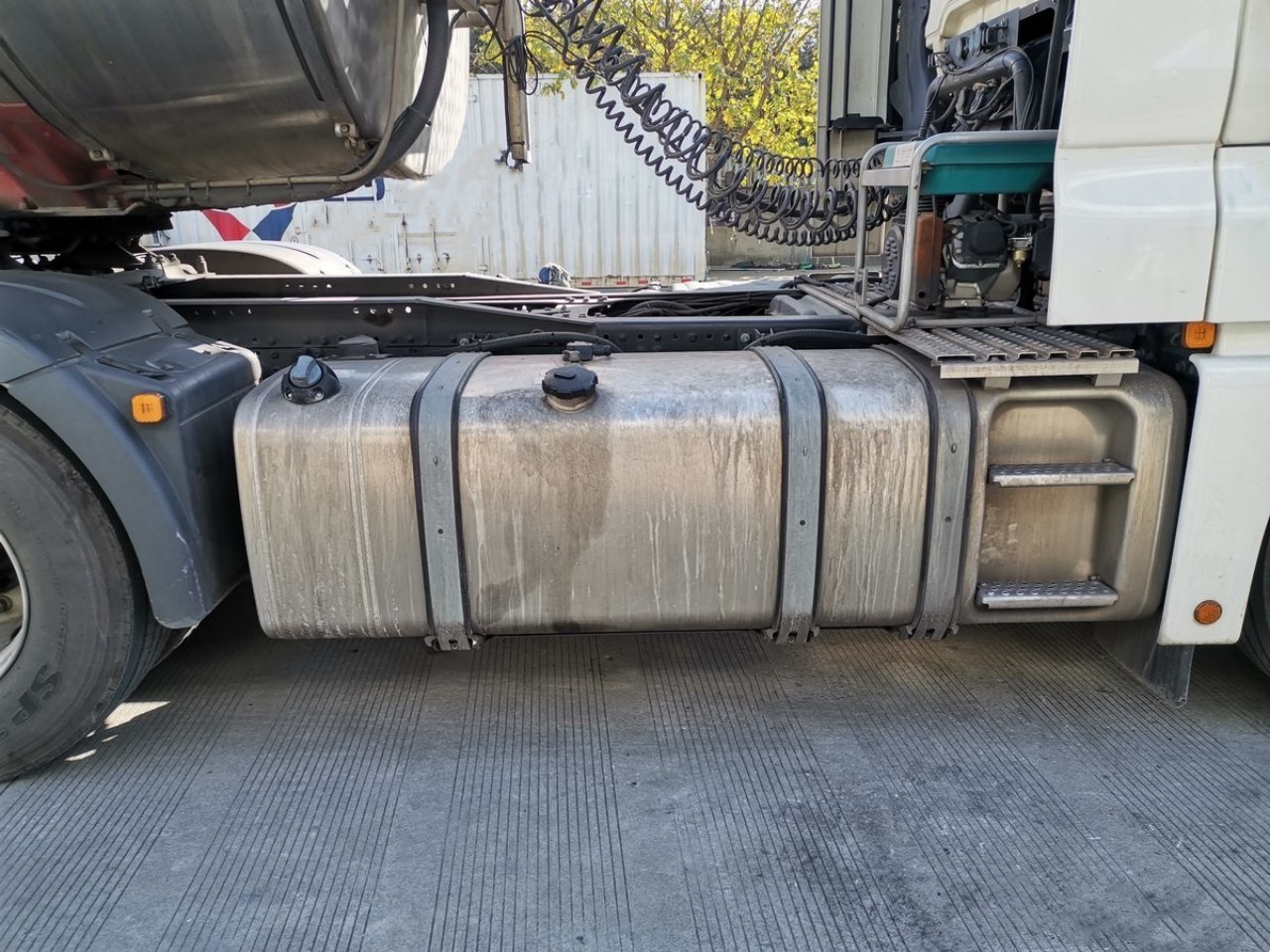
On the left side are the exhaust pipe, batteries, and air storage tanks, plus a 250L auxiliary fuel tank, extending the truck’s range.
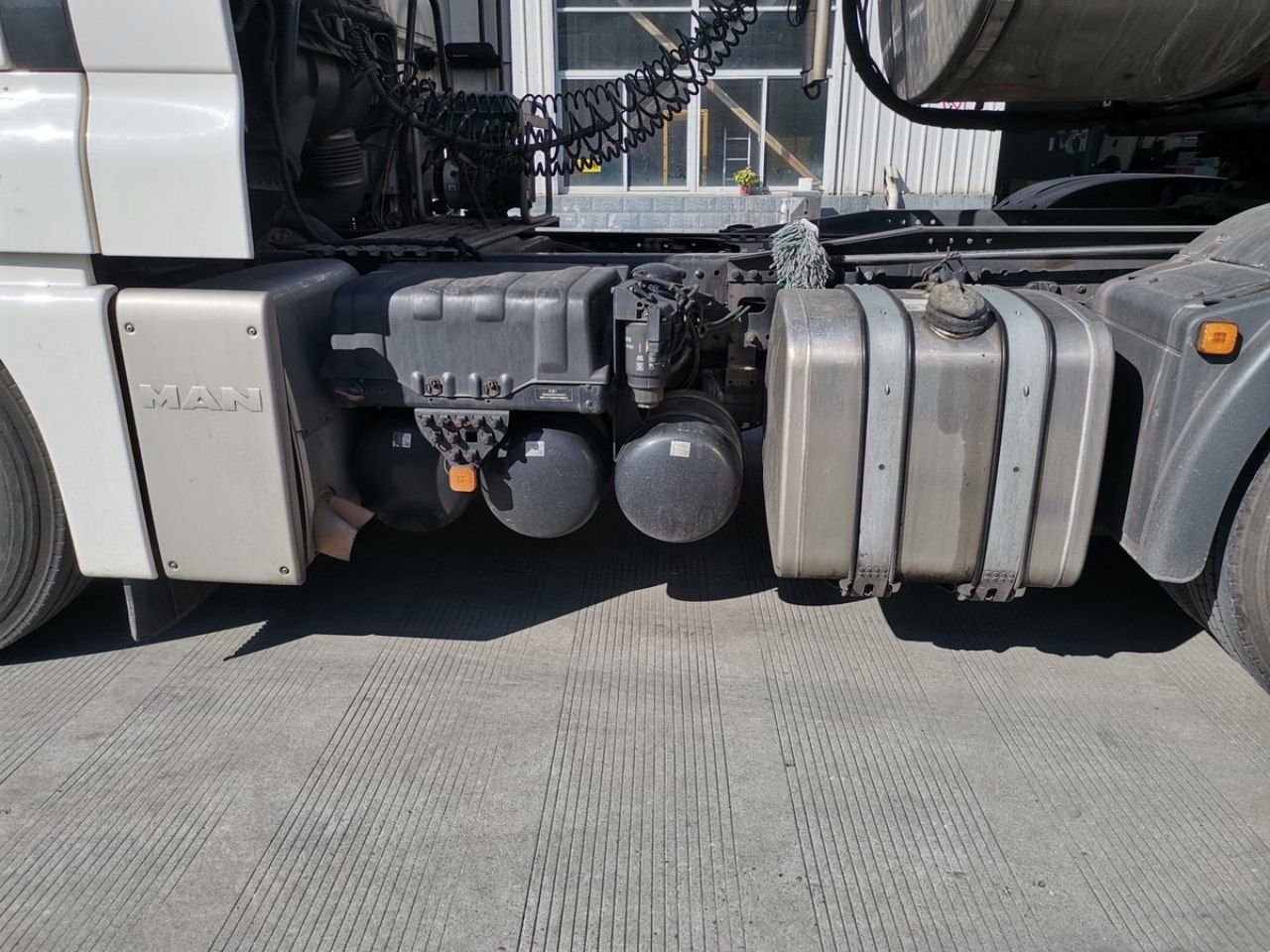
Even though the TGX cab uses front and rear coil springs for suspension, its comfort is exceptional when paired with the leaf spring support.
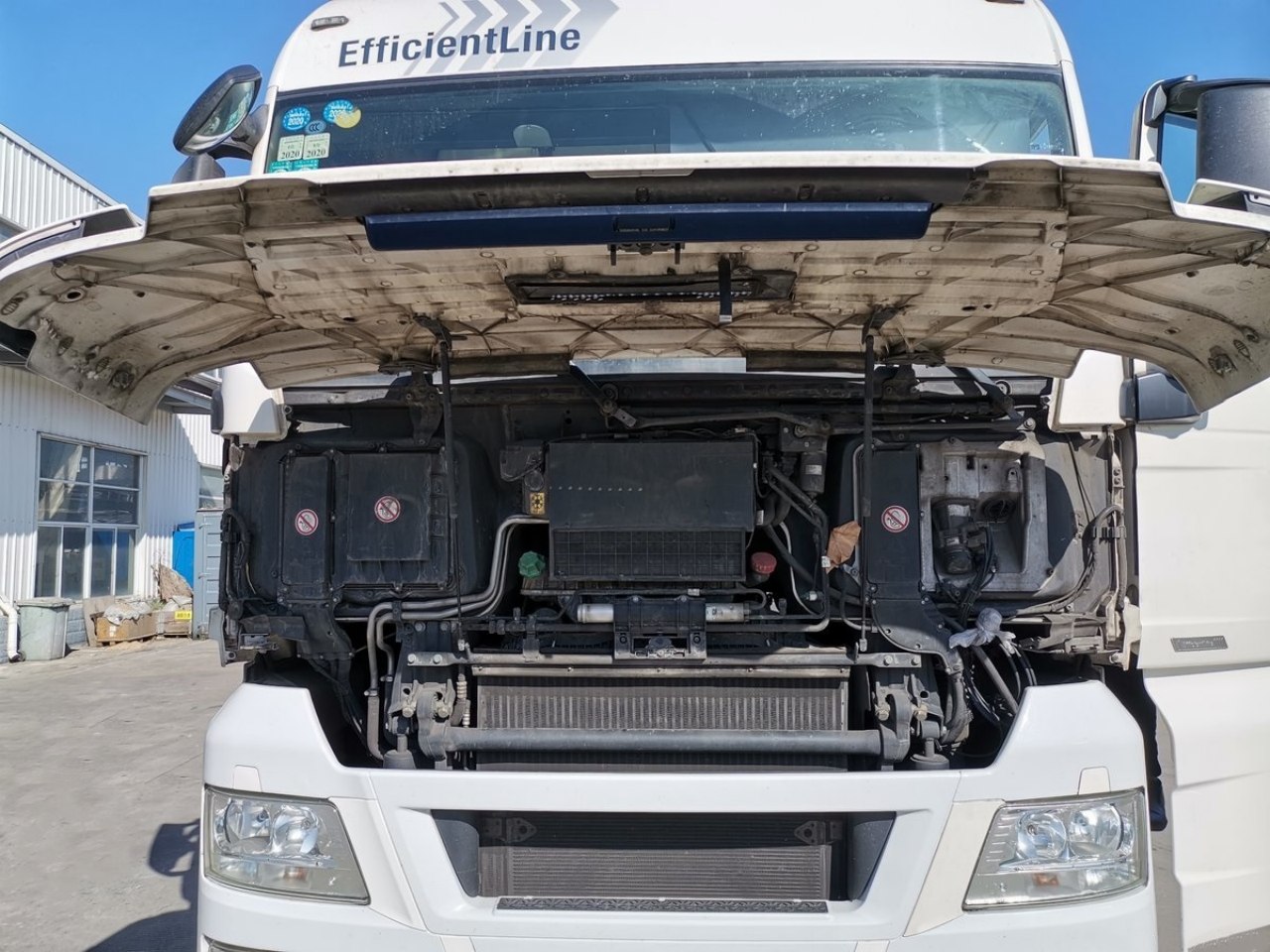
Why Fresh Milk Transport Demands Reliability
Fresh milk logistics are more time-sensitive than express delivery. Late deliveries might just cause complaints for parcels, but for milk, delays can degrade product quality and potentially result in the entire batch being scrapped, leading to massive losses. That’s why milk trucks used for fresh milk transport must be exceptionally reliable.
